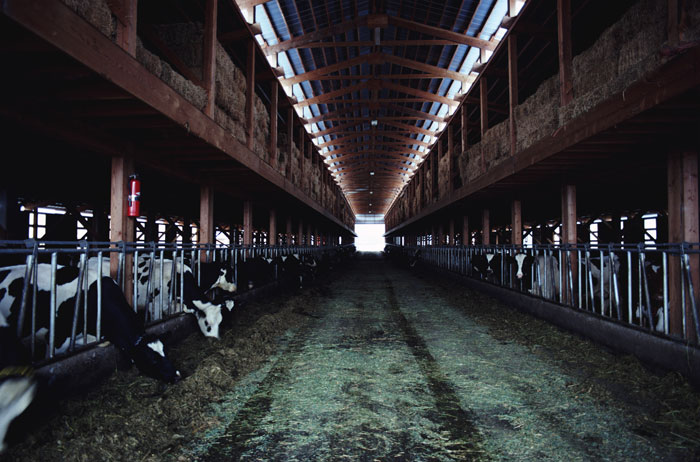
Water is a precious resource in any environment, and when groundwater resources are subject to undesirable pollutants, concerns about the quality of water skyrocket off the charts.
Such is the case in south-central New Mexico. Because of multiple years of a debilitating drought, water flows in the Rio Grande have dropped dramatically, as they have in a pair of area reservoirs, the primary source of irrigation water to farmers in the region.
But it's not just the shortage of water for farmers and consumers, but the potential of groundwater contamination posed by the concentrated number of dairy operations in Doña Ana County that causes concern.
In the vicinity of Anthony and Mesquite, two rural Doña Ana County townships, are 11 dairies with thousands of cows. Because of the density of these dairy operations, concerned residents and community officials have expressed concerns that waste material, specifically manure from dairy herds, could be contaminating groundwater supplies.
For the latest on southwest agriculture, please check out Southwest Farm Press Daily and receive the latest news right to your inbox.
Many rural residents in the area depend on ground wells for drinking water, and community water wells also rely on groundwater as a primary source for residents within their jurisdictions.
In two consecutive days of public hearings conducted by the New Mexico Environment Department recently, those concerns were presented and time allotted for comments from both the Rio Valle Concerned Citizens (RVCC) group and to dairy operators in the region.
As a result, dairies involved in the hearings agreed that they would begin monitoring additional wells in the area, will increase the frequency and duration of sampling and will strive to ensure a higher level of accuracy when checking for background concentrations of pollutants in the water.
By agreement with the New Mexico Environment Department, dairy representatives will test for chlorides, nitrates and dissolved solids as part of the new rules reached at the meeting.
Second round of rules
The event marked the second time this year that dairies in the area were required to take precautions to prevent contamination of groundwater. But an attorney for the citizen's group said this latest round of requirements will eventually lead to a cleaner and more protected groundwater supply in the Valley. Before the changes and new requirements take place, however, a review by the New Mexico Environment Department will be required. That review is expected to take place sometime in early April.
Dairies in Doña Ana and adjacent Sierra counties represent a fair amount of total milk production in New Mexico. According to USDA, milk production in New Mexico totals just over 7 billion pounds with nearly 16 percent of all production taking place in Doña Ana and Sierra counties.
The agreement comes a little over a week before a larger hearing in Roswell has been scheduled concerning new groundwater rules in New Mexico not only for dairies but also all other entities discharging water into the ground or holding tanks. Those hearings are expected to address oil and gas company practices for discharging water and sludge from wells and mining operations all across the state.
Hearings have pitted dairies and other industries against environmental and citizens groups who charge unsafe practices across industries has resulted in groundwater contamination and if unchecked threatens to put wildlife and humans at risk.
The hearings were originally scheduled to be held in Santa Fe but objections by dairy operators in the southern region of the state complained that traveling to Santa Fe would have created a hardship for dairy representatives who claim they cannot spare the time away from daily operations on their farms.
About the Author(s)
You May Also Like




